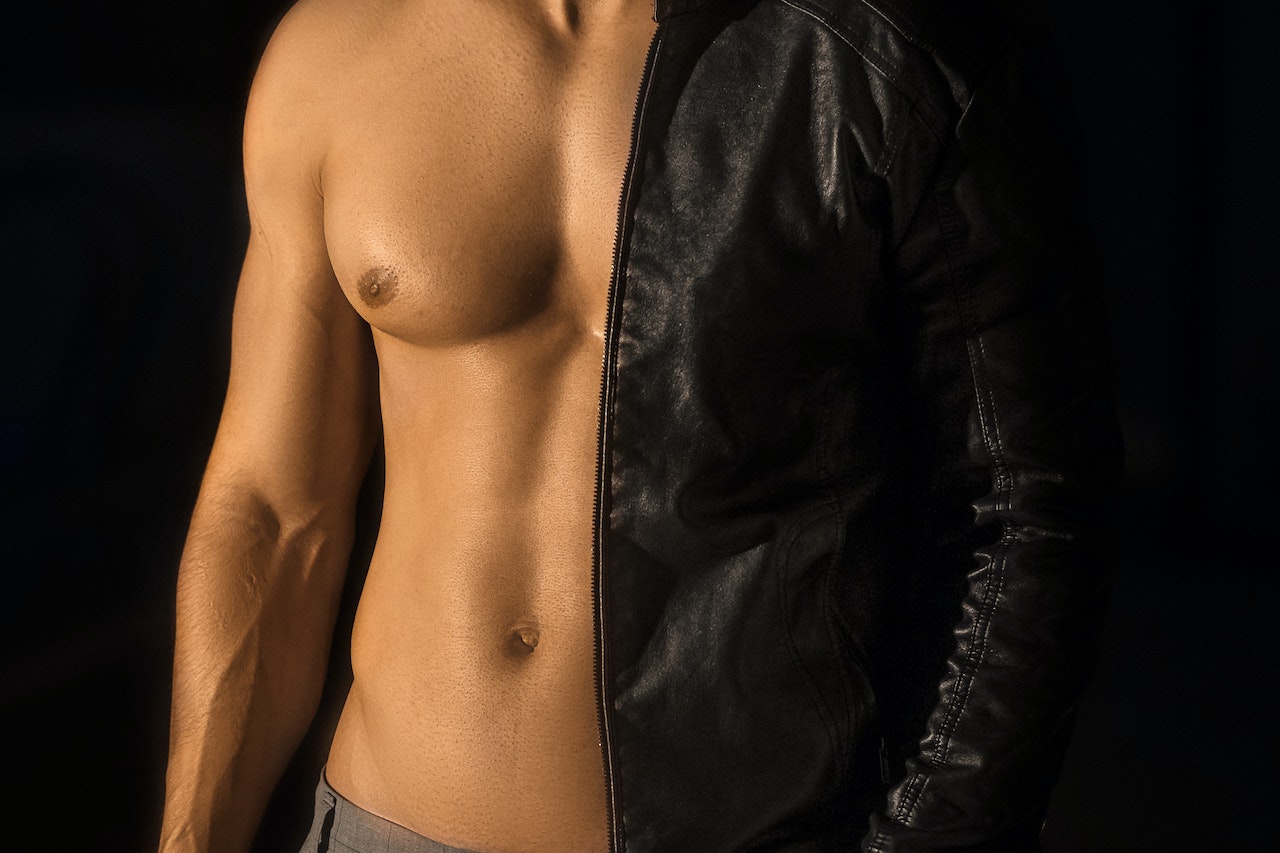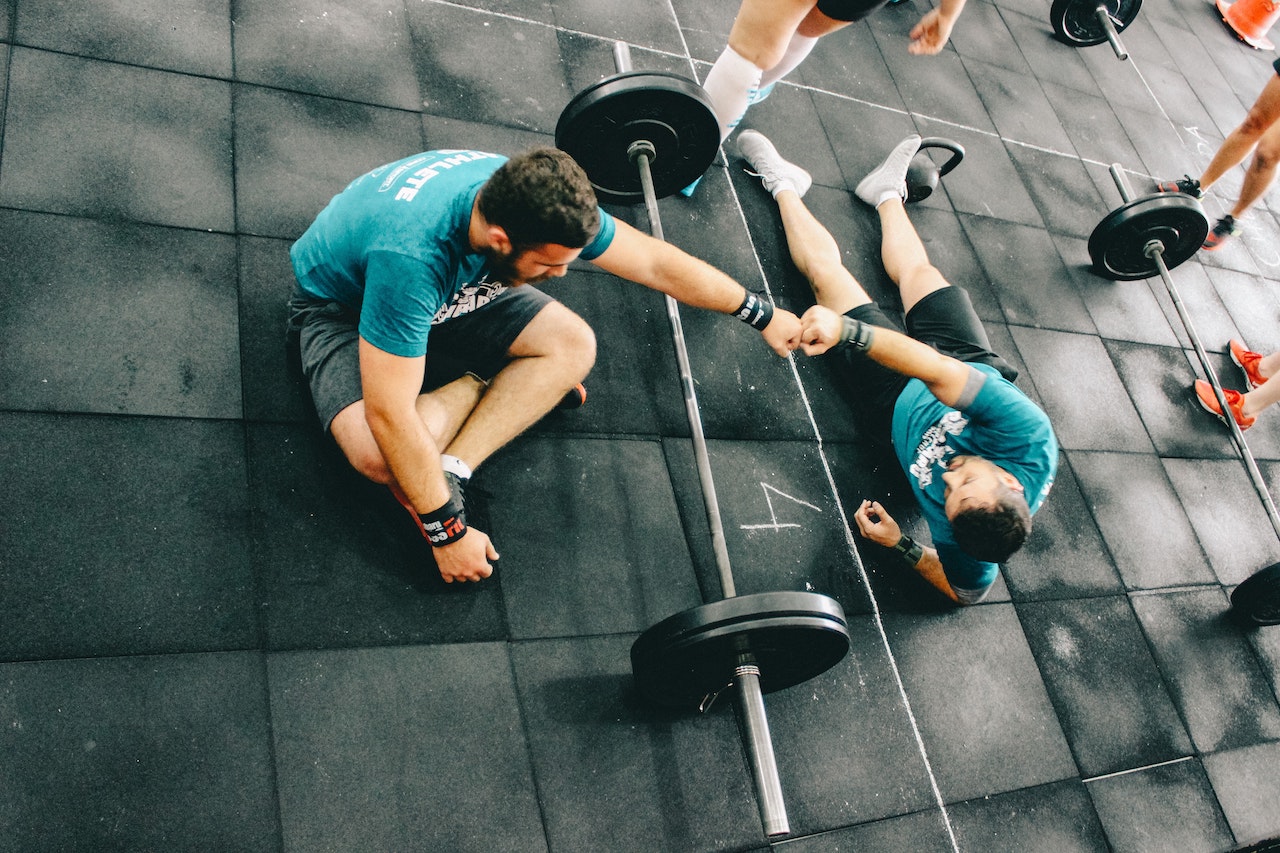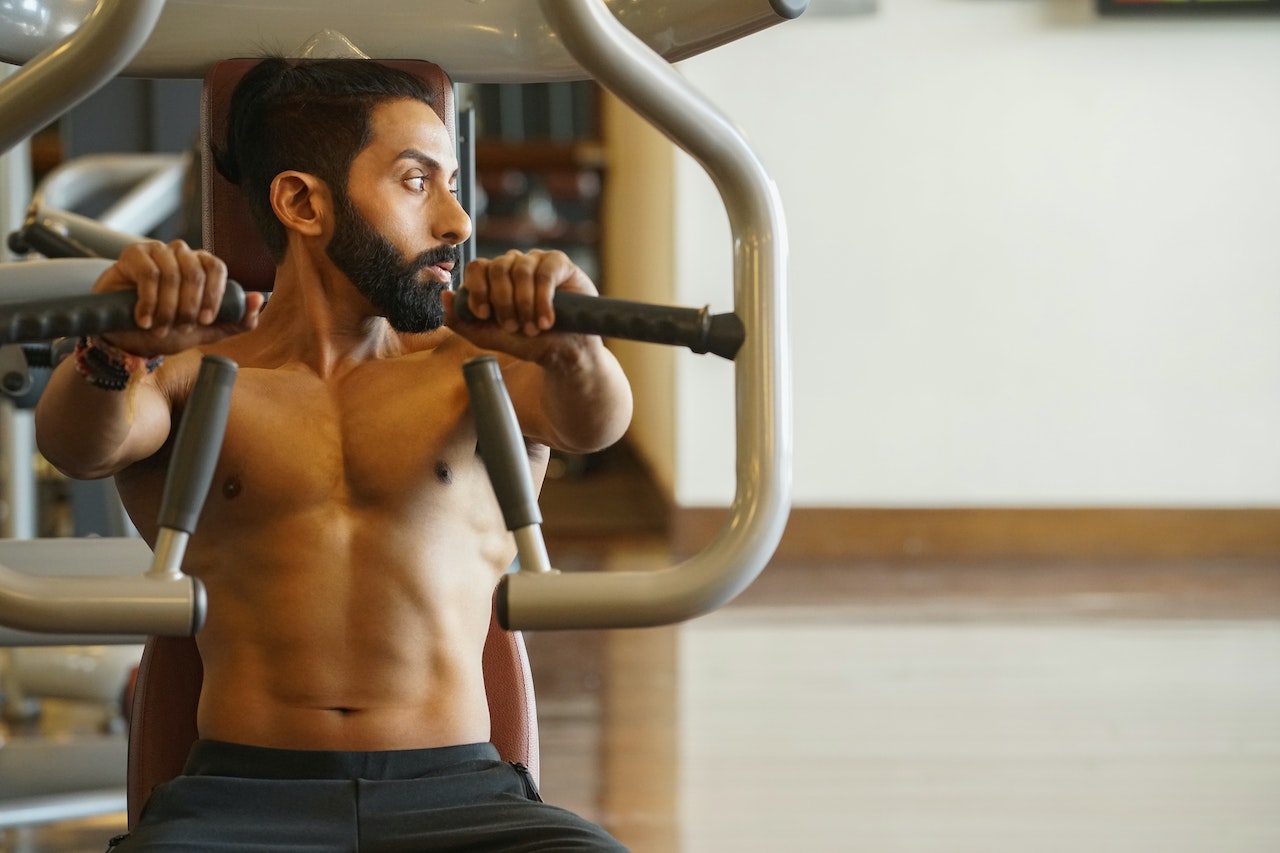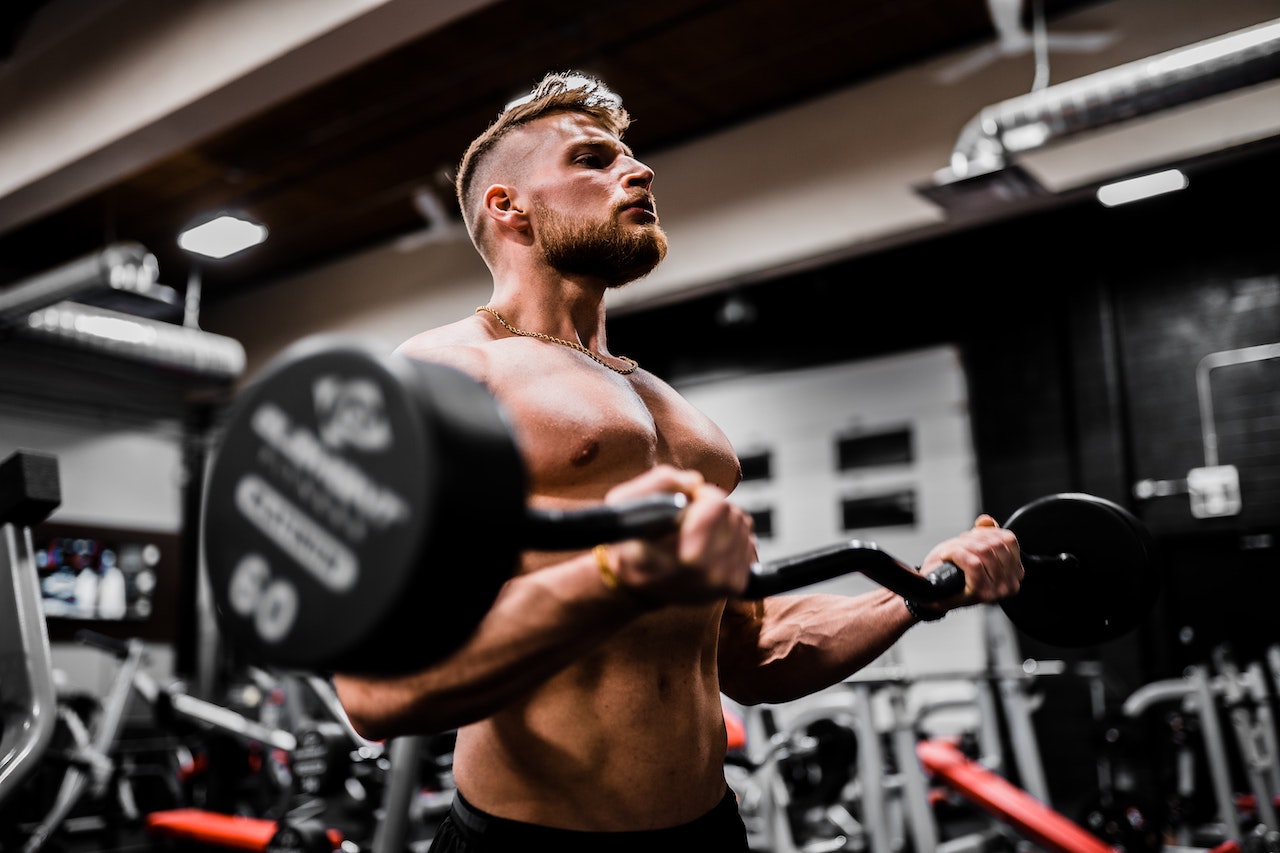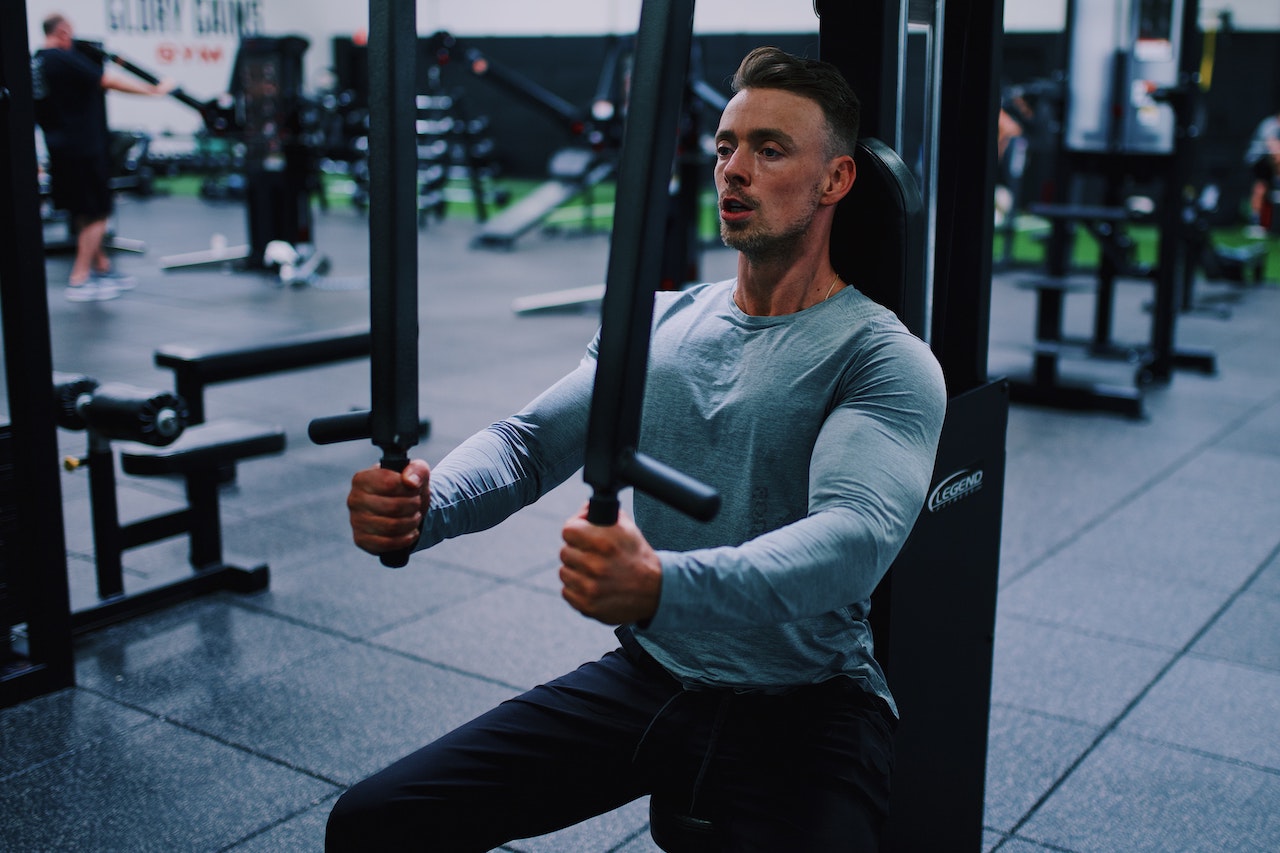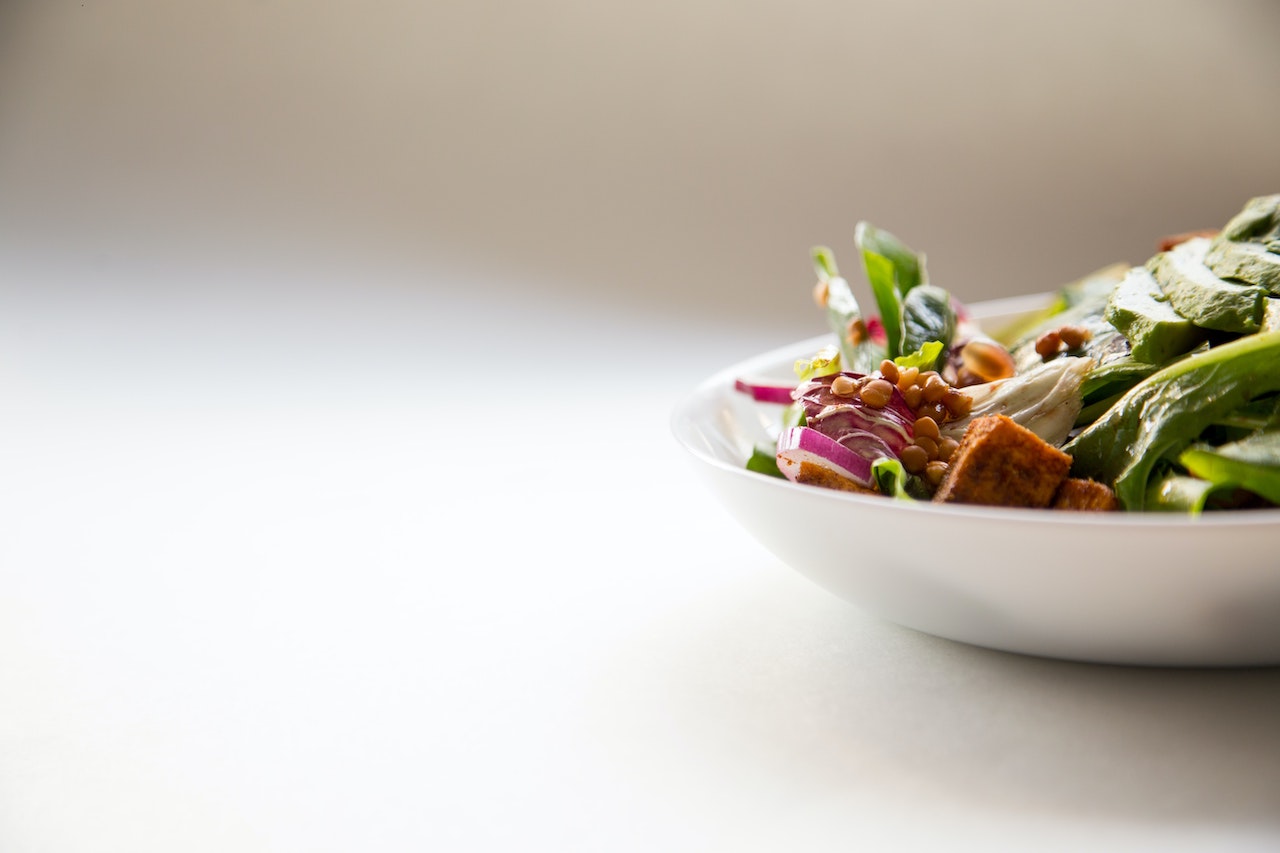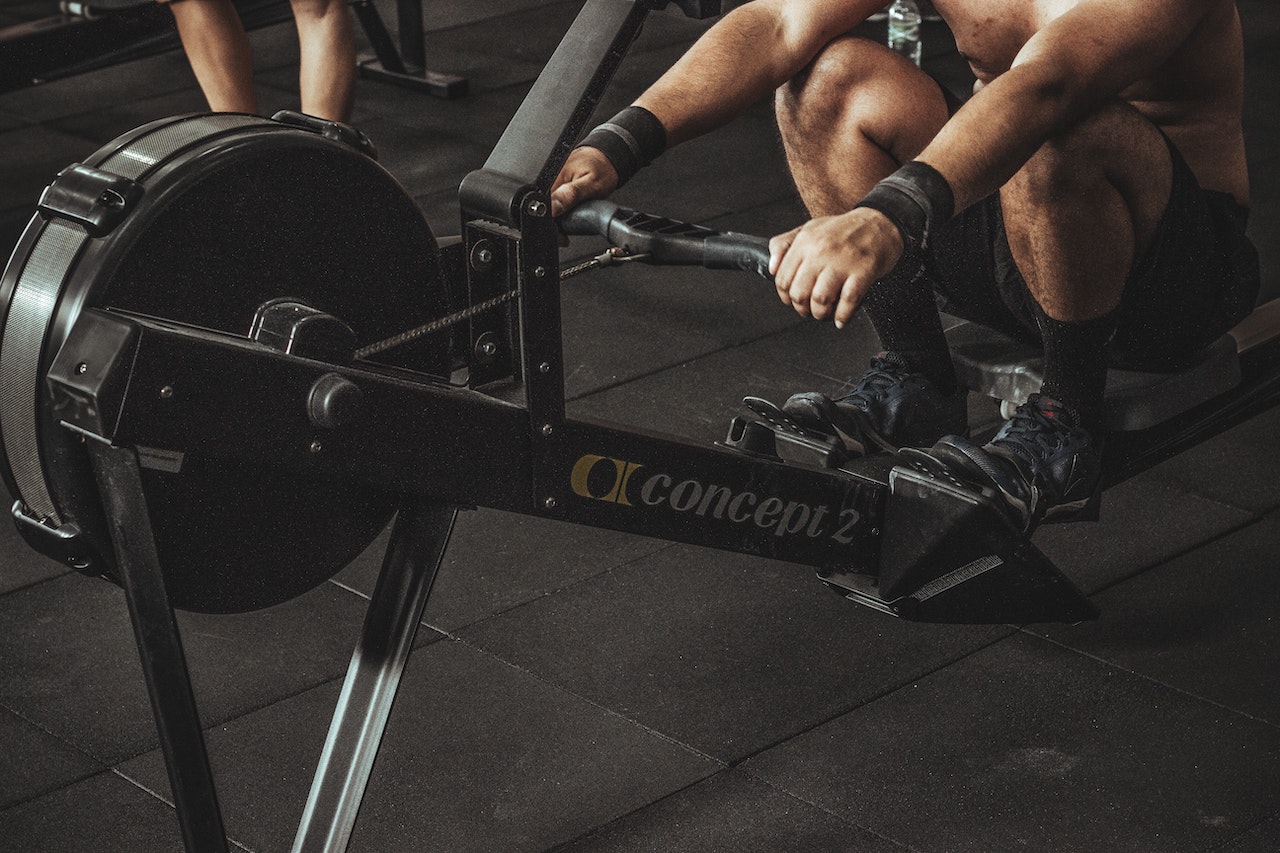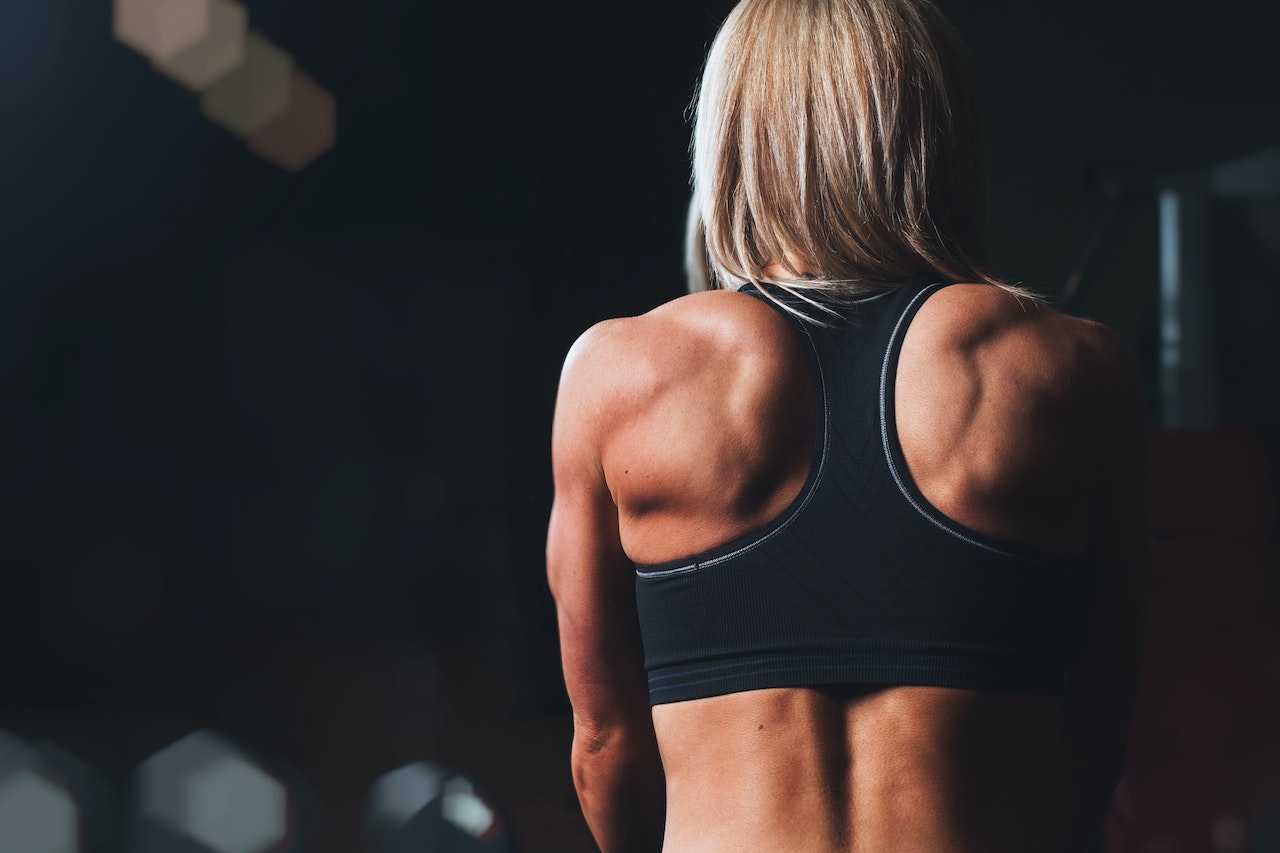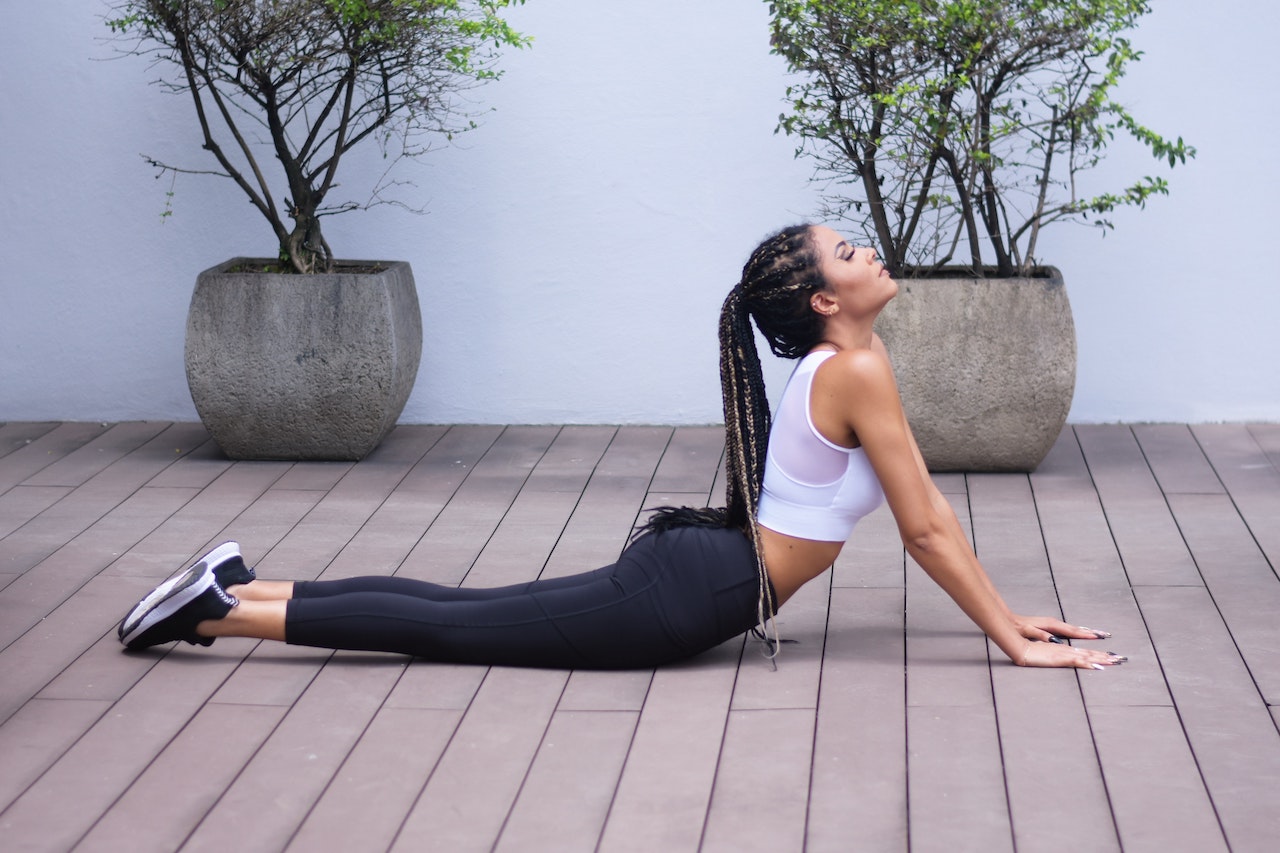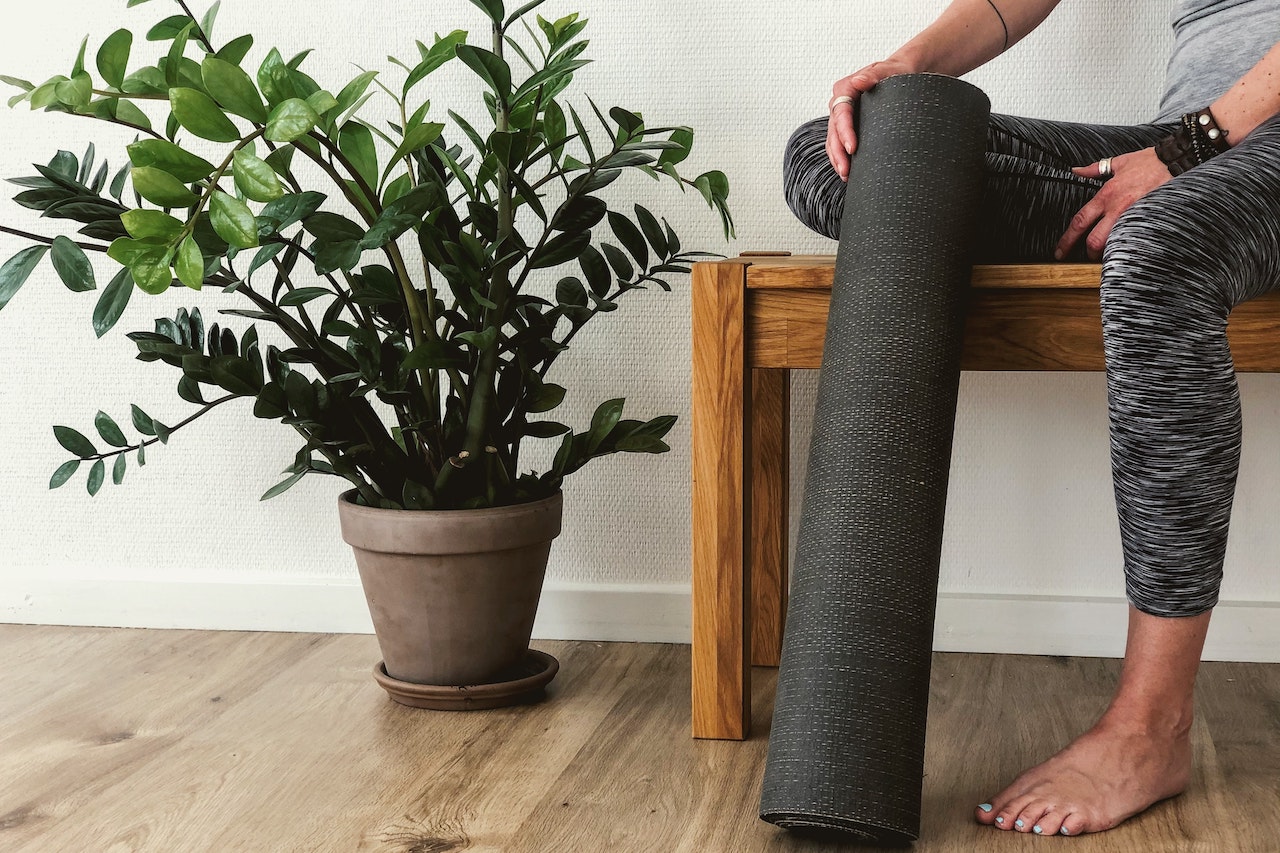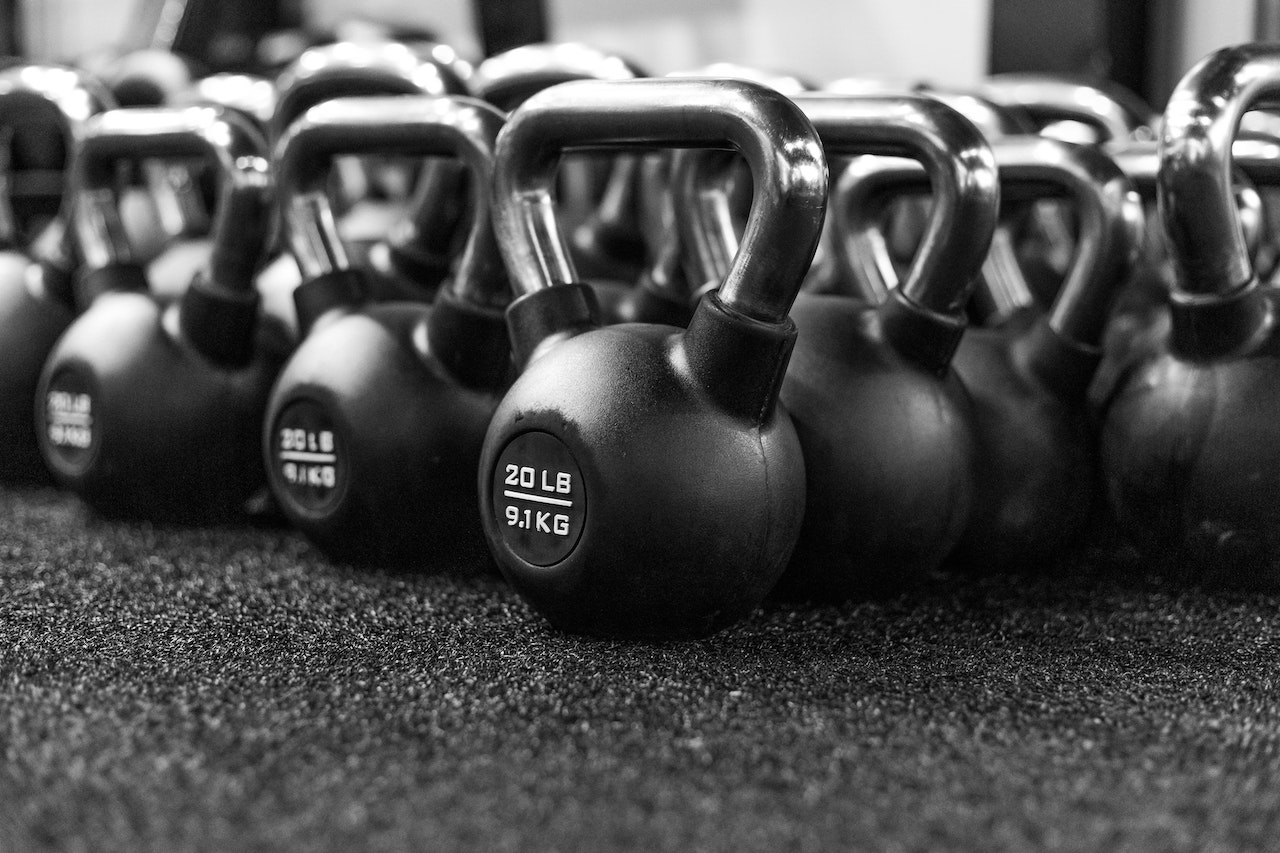dumbbell push-ups
do you think your shoulders are a small muscle group, so you haven't paid much attention to them?
Cute little dumbbells
the quest for extreme pump feels, the quest for progressive weighting, the quest for increased reps, all of these things matter! In the midst of training, we allow ourselves to overlook the details because we know too many things are important, and these are important.
There are a lot of details in shoulder training, some of which cannot even be ignored. Adjust your training correctly in order to make your shoulder muscles wider and fuller, and these 7 shoulder training points only want you to train your "Peach shoulder" And "Love shoulder".
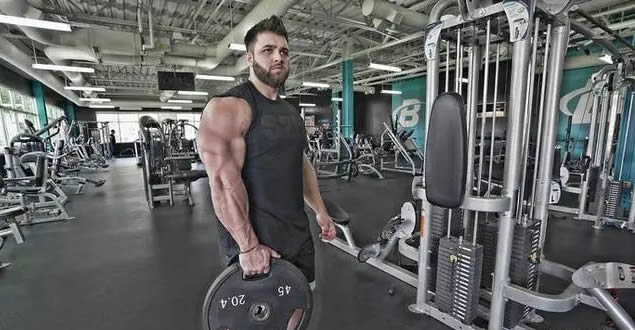
when you are doing strength training for the first time, you may think that all muscles are the same, so this can lead to doing the same training pattern every time.
From different people training in different ways through experience and close observation, even if it's the general principle of less training volume and bigger weights, this works, but all of a sudden with a different training pattern, it changes dramatically again.

so it's important to have a more macro understanding of this training thing, rather than falling into either one or a thousand ways of training at either extreme. And if you want to progress, consistent, measurable, definite change is a must.
If you find that strength training is just about doing the movement, rather than feeling the load with your muscles, then you are doing it wrong, e.g. You do side planks with 40kg dumbbells and fling them around for a set of 6-10 reps, or you mistakenly think that brushing your arms back and forth while brushing your teeth will build your biceps.
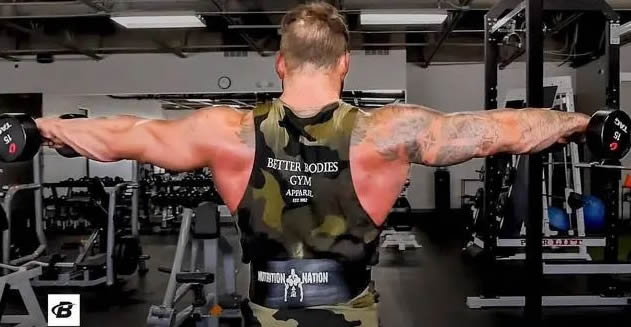
dumbbell side planks
you who love playing with iron will fight for every pound of muscle and tend to appreciate hard-earned muscle more. If you're aiming for wider, fuller shoulders and optimal deltoid gains, there are a few tricks you can use to fire up the potential training effect!
There are four key points in shoulder training.
Firstly, the deltoids are made up of a very wide range of fast and slow muscle fibers, so different ranges of reps are absolutely essential.
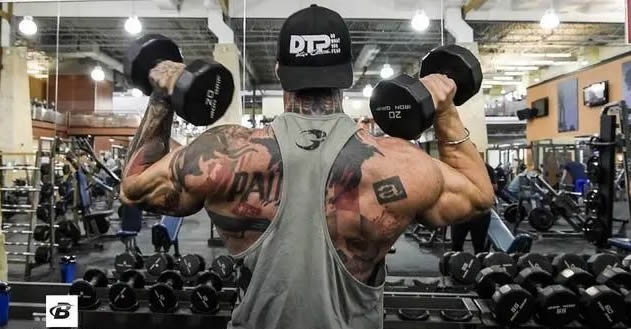
dumbbell push-ups
secondly, the deltoids are not just three, as we commonly believe. What is known is that there are seven different muscles that make up the deltoid. So, it is not just the anterior, middle and posterior bundles that need to be considered when training, but there should be more angles incorporated into deltoid training. By having a wider range of motion when we move the shoulder joint, we will know that there are more variations of movements that can be done in shoulder training.
Thirdly, there will undoubtedly be a good response to a degree of borrowing in muscle building exercises, and for most of the little guys, borrowing to do movements will have a limited effect on increasing deltoid girth and shaping. Many fitness whizzes even struggle to feel the pump. If you can't feel the target muscle moving, then it's time to stop, lighten the weight and focus on the movement.
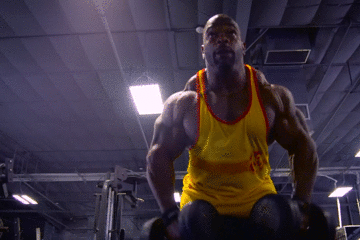
dumbbell side planks
fourthly, you can't feel the middle deltoid bundle when doing side planks, have your partner lightly touch the target muscle group as you do the movement, this will improve the neuromuscular connection. Carry less weight, minimize the borrowed force, close your eyes and focus only on the key muscles. Usually use 7.5-15kg dumbbells for side planks, a weight that is only 20-40% of the original 40kg.
Effective shoulder training is much more complex than just adding a few tricks, and any particular part of the body deserves a complete guide, but if the 3 points above are digested, greater progress in training is likely to be made. Here are 3 more tips to take shoulder training to a new level of efficiency!
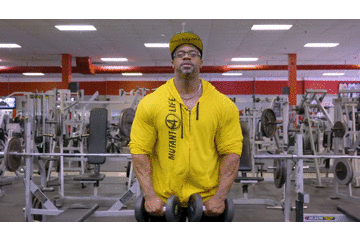
dumbbell side planks
1. A very good shoulder training move
do you know the scot push-up? If not, then you'll love it. This move will improve shoulder training fast. But be warned, it takes some practice to get this move perfect.
To start, hold a pair of dumbbells in both hands, keeping your palms facing each other and your upper arms forward. Raise your arms while opening them to your sides and lift the dumbbells to reach 3/4 of the height of a normal dumbbell push-up.
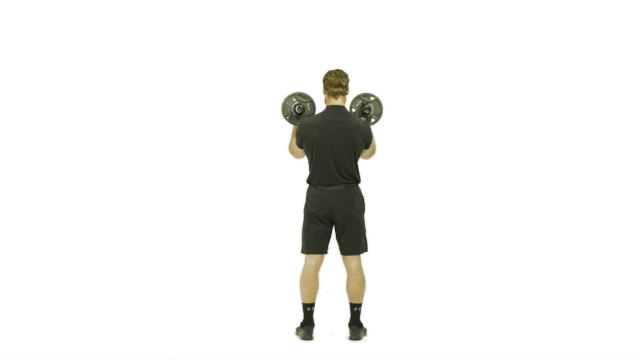
scot push-up
keeping the deltoids under tension and reducing triceps engagement, allow the dumbbells to tilt slightly inwards with the grip on the palm of your hand and your pinky finger higher than your thumb. Do not open and then push up, but focus on opening the upper arms while lifting upwards, at the highest point of the movement with the hands just above the head.
With the upper arms open to the sides, the dumbbells activate the middle deltoid and posterior deltoid bundles. You can also lighten the weight a little if you want to work the rotator cuff muscles a little more. Be careful when doing this variation as the rotator cuff muscles are very fragile and do not use too heavy weights and wrong form of movement.
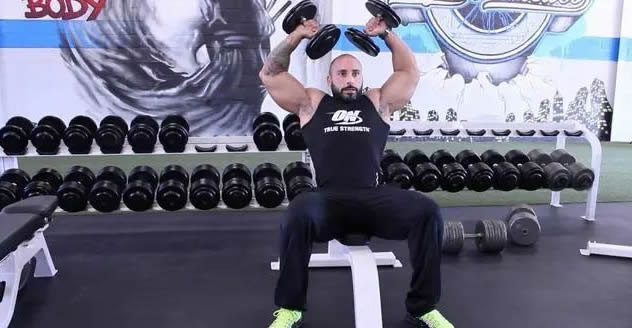
scot push-up
there are two key points to the scot push-up: One is the simultaneous arc up and to the sides rather than the push-up; throughout the movement, the little finger is above the thumb, keeping tension on the deltoid.
2. Optimal range of reps for shoulder training
the deltoid is made up of fast and slow muscle fibers, which means that training the deltoid in the traditional way - by constantly increasing the weight - will not achieve the best results.
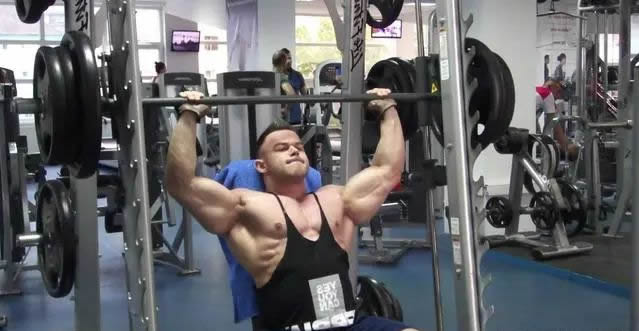
smith machine push-ups
a good shoulder training program includes a lot of training (multiple count sets, minimum set rest, giant sets) and a large range of reps, allowing for 5 specific pushing movements and occasionally 100 specific side planks.
A good shoulder training program has short rest between sets, a guaranteed number of reps to complete a set (10-25 reps per set), and don't be overly concerned with the weight lifted during most movements, but rather focus on how the muscles feel to achieve the desired "Burn" Sensation.
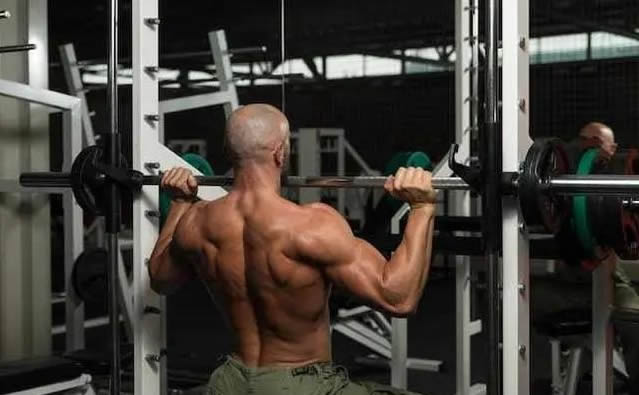
smith machine push-up
3. The correct way to do the side planks
most guys know how to do the dumbbell side planks using the "Pour" Technique. This always misses the angle of internal rotation that stimulates the middle deltoid bundle, and turning the wrist down is not the correct internal rotation for the side planks.
In a shoulder training programmed, for the best activation of the middle and posterior deltoid bundles, it is the internal rotation of the humerus, not the internal rotation of the wrist, that needs to be done, and the difference between the two is best felt during the dumbbell side planks at the bend. The upper arms are internally rotated so that the thumbs are opposite each other at the lowest point of the movement. This can and does allow you to isolate the posterior deltoid bundle more without mobilizing the rotator cuff muscle group.
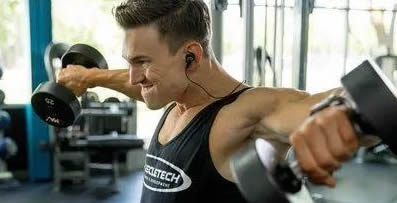
dumbbell side planks
one good tip is to externally rotate to a more conventional palm to palm position if it is not possible to do a full movement with internal rotation, this enables more reps to be completed and more results to be obtained from any given set of movements.
If you haven't already included these methods in your shoulder training program, then give them a try so that they can be effective for you in building muscle.
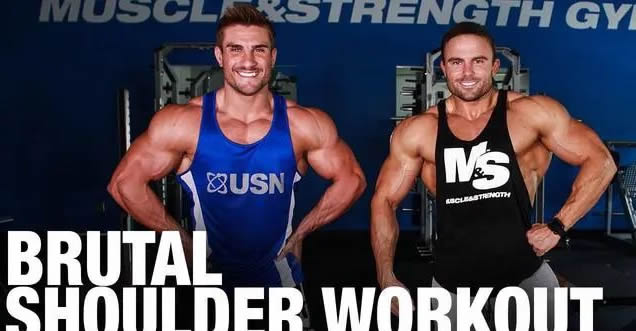
shoulders on display
stop punching the weight upwards and go for a better pump feel so that your shoulder training is flawless. Give yourself a tune-up with these and become a fitness pro with king-size broad shoulders!

